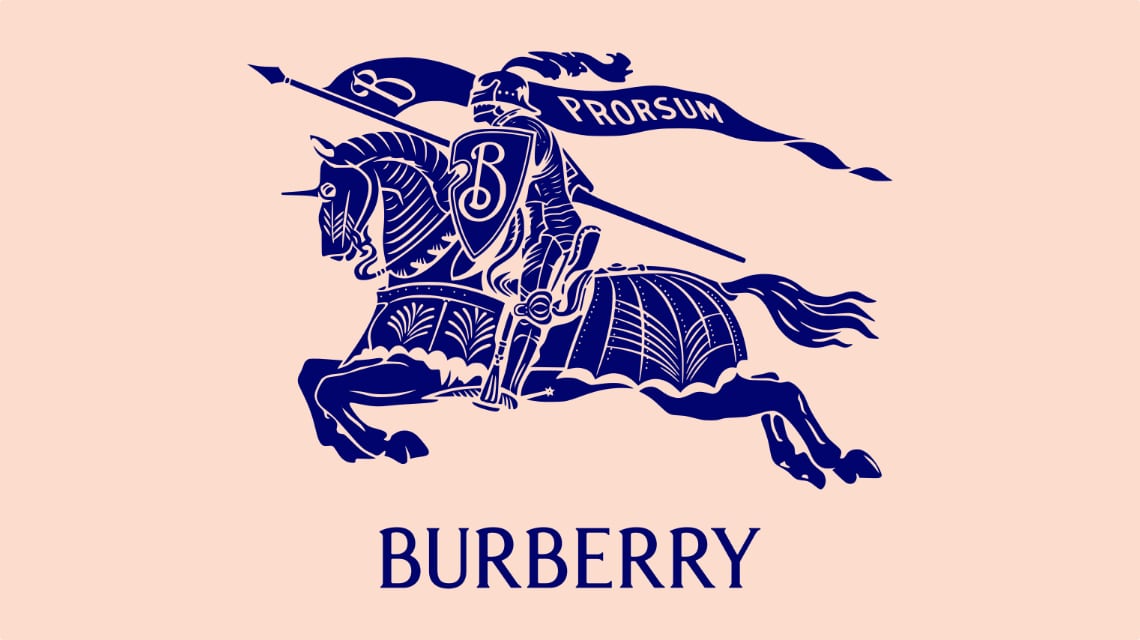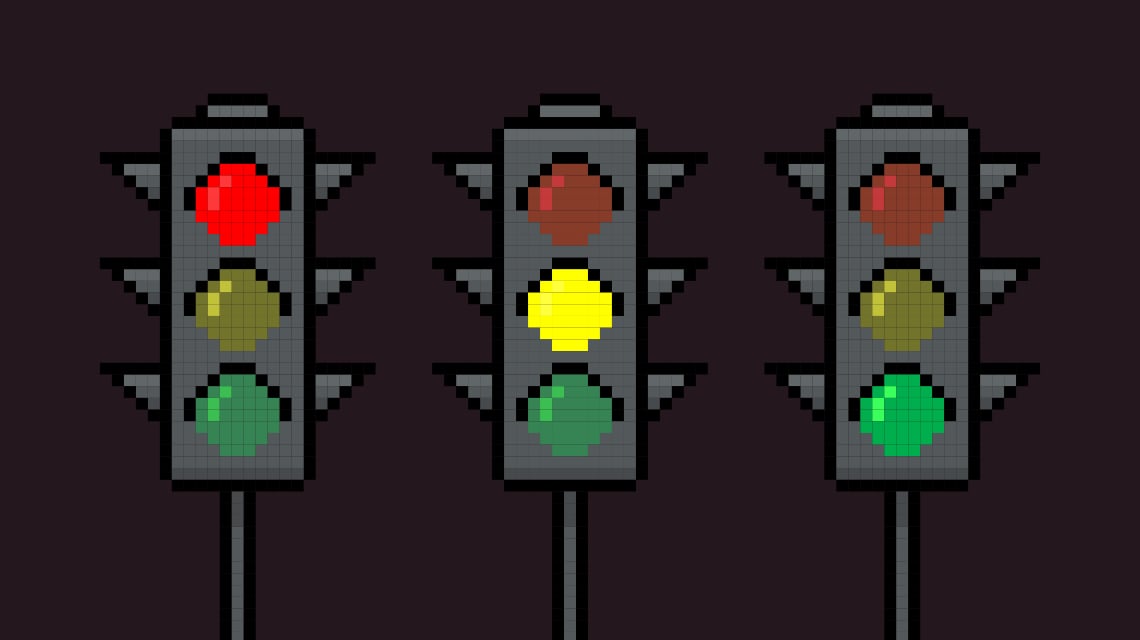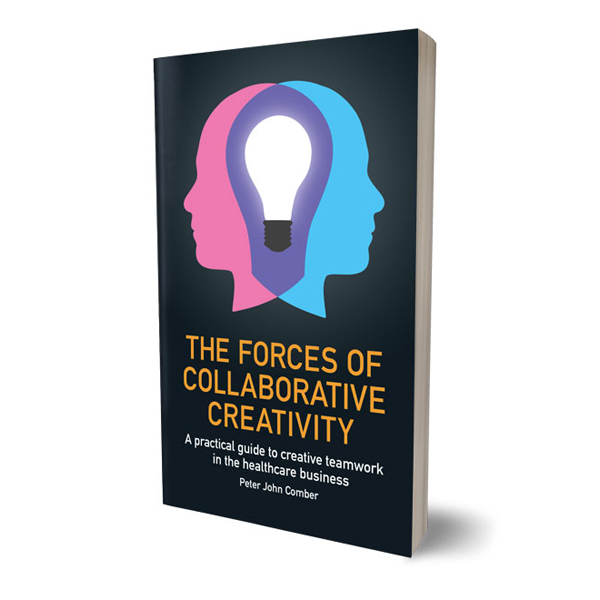Indulge your insiders.
In difficult times, loyal customers should be rewarded, not disappointed.
“During a period of significant inflation, it should be expected that companies will start to reduce the value of their loyalty programs. Pretending to strengthen the rewards if, in fact, they have reduced the rewards is being dishonest and can lead to reduced consumer trust.” Says Kimberly Whitler, a marketing expert and professor at the University of Virginia's Darden School of Business.
“No and yes.” Say I. An unqualified yes, to the second sentence but I don’t think it should be expected that high inflation leads to a decrease in the value of loyalty programs.
Broadly speaking we can distinguish two different types of brand loyalty: convenience and true-preference. Convenience-driven brand loyalty is all about not making a choice (less cognitive effort) - we adopt a habitual preference (or portfolio of preferences) that is predictable in satisfying our needs. True-preference-driven brand loyalty is all about a deliberate choice - we want that brand.
Convenience-driven brand loyalty is susceptible to all types of market shocks, including price changes. Anything that disrupts our zero-effort automatic choice makes us re-evaluate, albeit briefly, our options.
True-preference-driven brand loyalty is more resilient. To us, that brand choice is worth extra effort or cost compared with other options.
A loyalty scheme can be a significant influencer of brand preference if it helps make those who are loyal to the brand feel appreciated and treated in a special way. A loyalty scheme that is primarily experiential is more powerful than one that is focused on some form of discount-based reward because the benefit isn’t easily quantifiable. True-preference brand loyalty is the goal of brand building, and true-preference is the return on brand-building investments. There are many cost-cutting options brands can explore to try to mitigate the effect of increasing prices, weakening loyalty rewards might be one of the most harmful.





